The second annual edition of 50 Next was revealed during a live awards ceremony in Bilbao, Basque Country, Spain, on Friday 24th June. The unranked list of 50 gamechangers in gastronomy – selected from more than 400 candidates by 50 Best and its Academic Partner, the Basque Culinary Center – is split into seven categories and features individuals from the ages of 22 to 37 in six continents around the world. Read on to meet the Class of 2022 and click on each name to discover more about these young people shaping the future of gastronomy
Empowering Educators
The Empowering Educators are on a mission to change the way we think about their cultures’ food
Arielle Johnson
35, New York, USA
@arielle_johnson
The scientist and educator exploring our understanding of flavour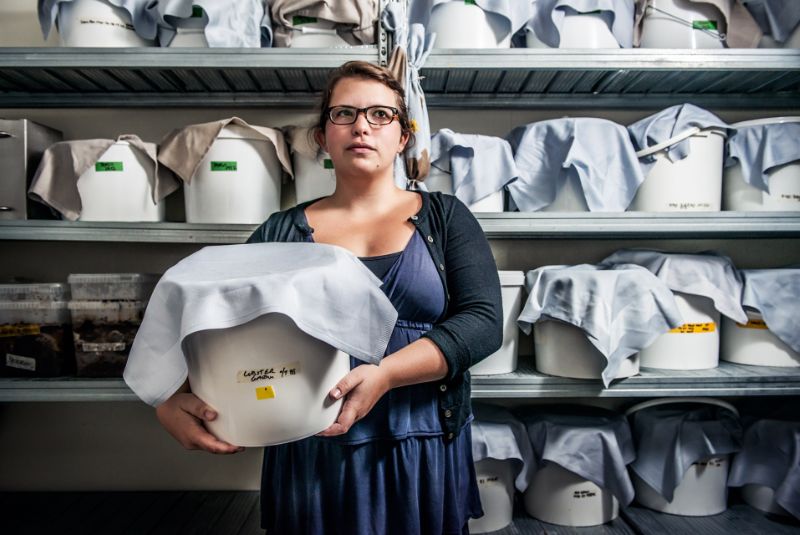
Charles Michel
36, Bogotá, Colombia
@charlesxmichel
The Colombian-French visionary connecting the world through food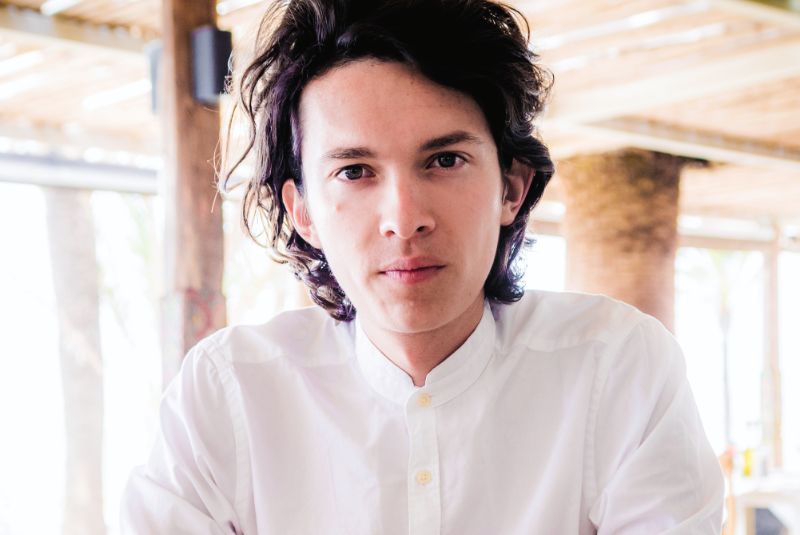
Chloé Charles
35, Paris, France
@chloecharlescuisine
The classically trained chef challenging the gastronomic status quo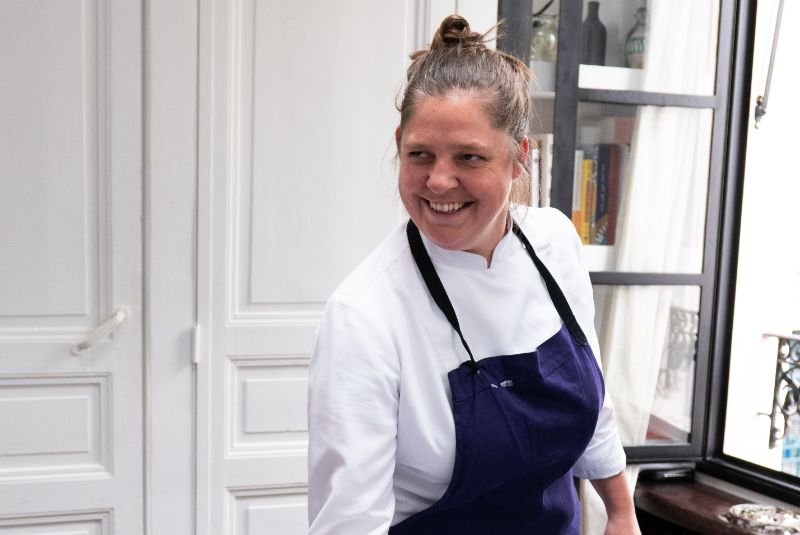
Anusha Murthy and Elizabeth Yorke
30 and 29, Bangalore, India
@anushamurthy, @elizabeth.yorke
The innovative thinkers sparking conversation around Indian food systems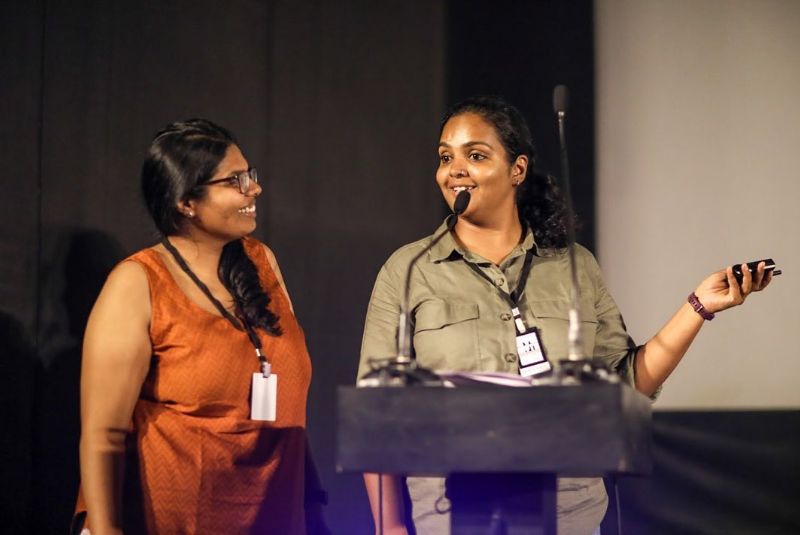
Yi Jun Loh
29, Kuala Lumpur, Malaysia
@jun.and.tonic
The charismatic communicator enriching our knowledge of Asian cuisines
Vinesh Johny
33, Bangalore, India
@vineshjohny
The Indian trailblazer spreading the gospel of pastry arts
Entrepreneurial Creatives, sponsored by Estrella Damm
Eschewing profit in favour of progress, the Entrepreneurial Creatives are using their business acumen to affect lives with positivity, fairness and equality
Camila Fiol Stephens
34, Santiago, Chile
@camila.fiol
The Chilean pastry chef inspiring young generations with new flavour combinations
Caroline Cotto
29, Oakland, USA
@cottocaroline
The entrepreneur taking food sustainability into her own hands
Dinara Kasko
33, Kharkov City, Ukraine
@dinarakasko
The Ukrainian cake-maker who started a pastry revolution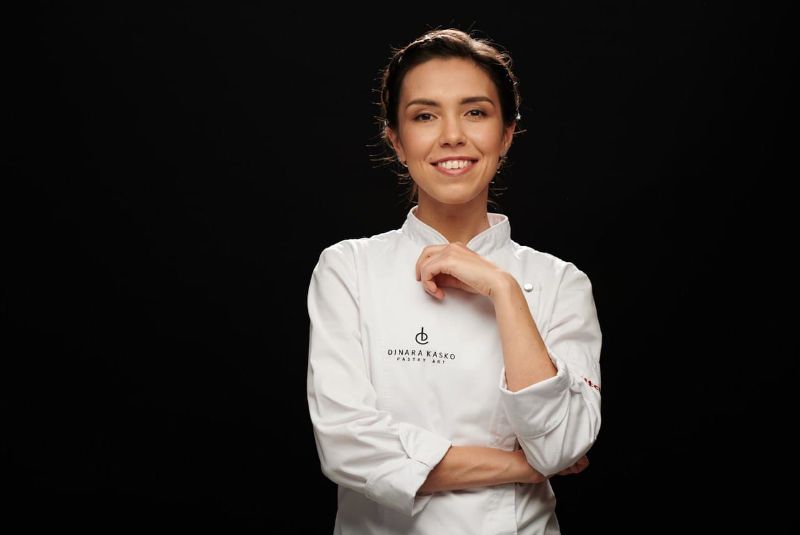
Juan Pablo Medina
29, Copenhagen, Denmark
@jmediina
The Colombian entrepreneur who upcycles coffee for a better future
Mariana da Silva Vasconcelos
30, Campinas, Brazil
@marianasvasconcelos
The daughter of Brazilian farmers using technology to maximise crop productivity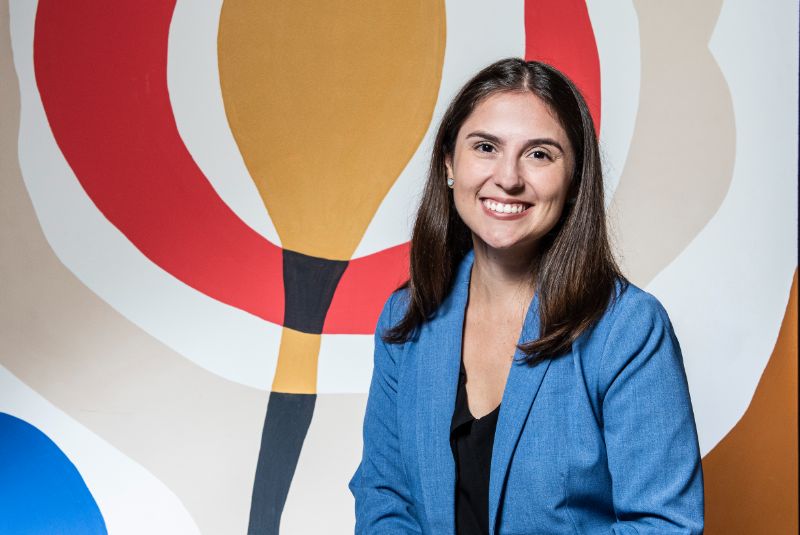
Oscar Ekponimo
36, Abuja, Nigeria
@ekponimo
The software engineer enabling leftover food to get to the hungry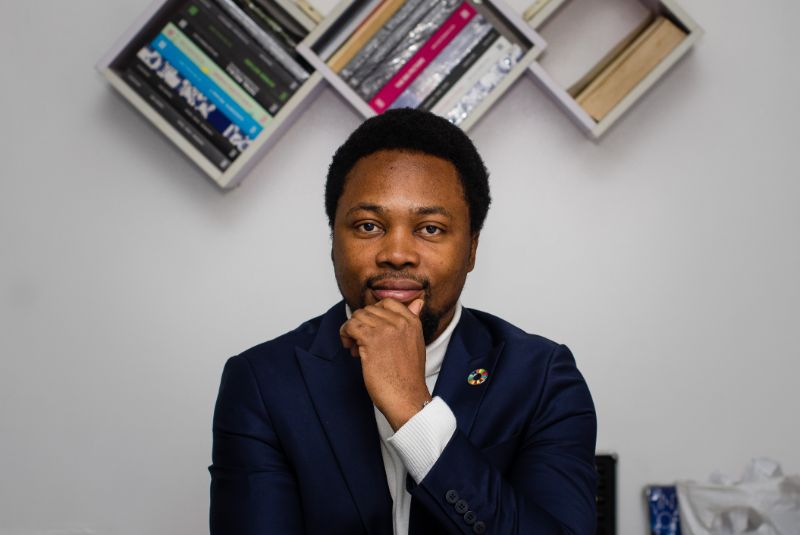
Travinder Singh
31, Singapore
@crustsingapore
The upcycling evangelist turning bread into beer to preserve the environment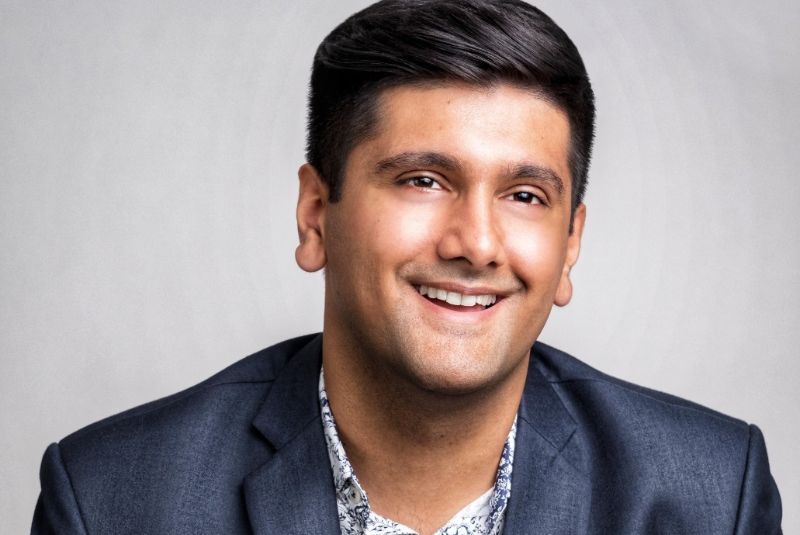
Gamechanging Producers, sponsored by Choco
Combining innovative techniques with respect for tradition, the Gamechanging Producers are breaking barriers to get food onto plates, while helping the environment in the process
Corrado Paternò Castello
30, Catania, Spain
@boniviribenefit
The Italian entrepreneur championing sustainable small producers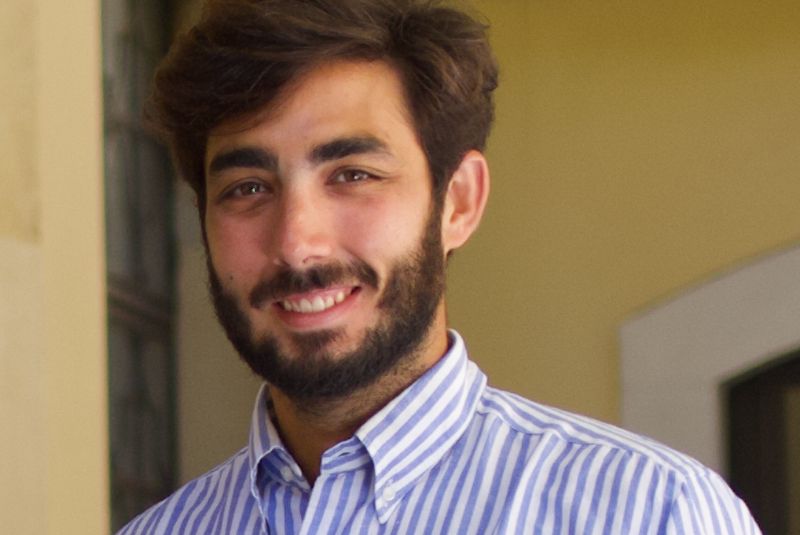
Dharath Hoonchamlong
29, Bangkok, Thailand
@totliketatertots
The zero-waste educator rethinking the drinks business from Bangkok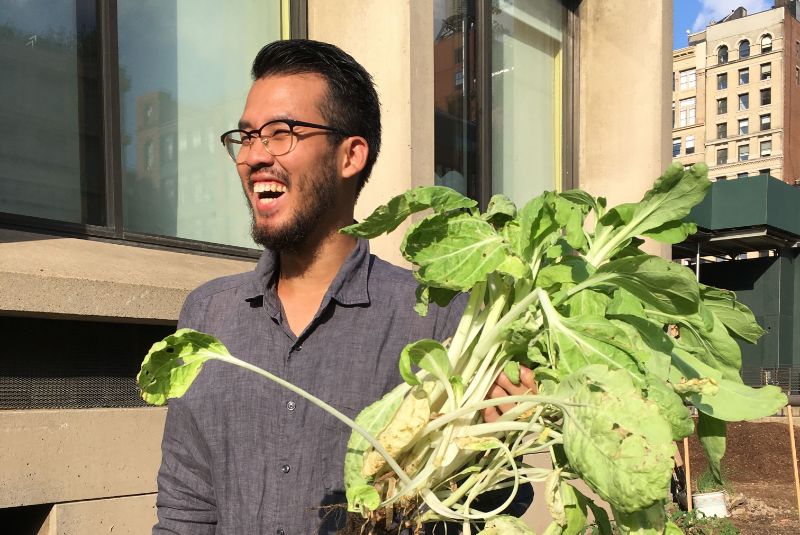
Jessica Fong
31, Hong Kong
@jessicanaomifong
The vertical farming advocate feeding Hong Kong with fresh local produce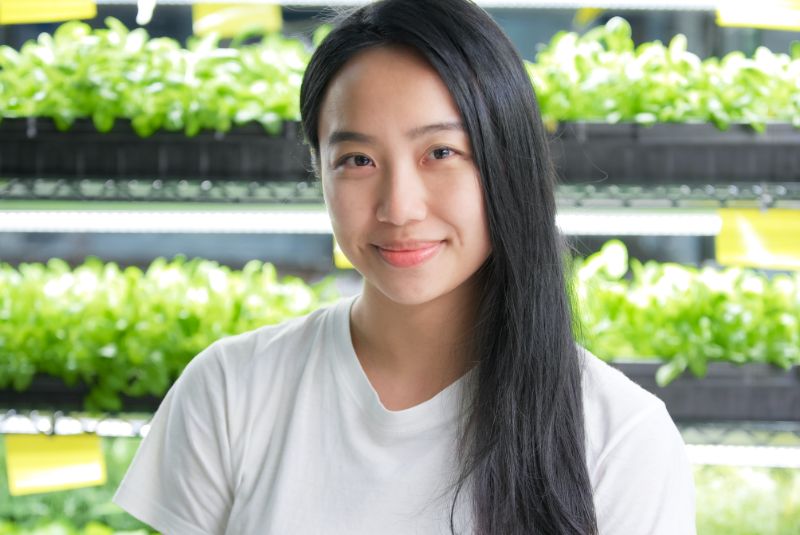
Martin Texier
32, Sain-Julien-en-Saint-Alban, France
@martin.texier
The low-intervention French winemaker promoting artisanal values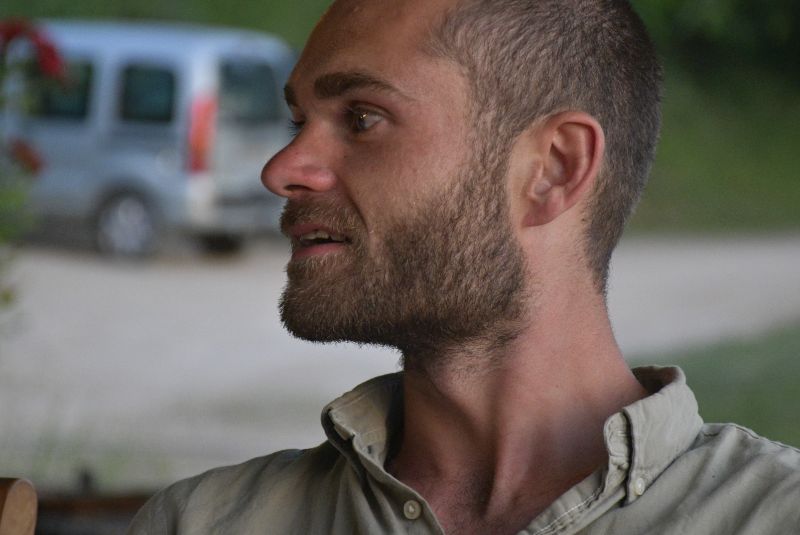
Pol Contreras Vilapriñó
36, Ezcaray, La Rioja, Spain
@patissierpol
The multi-talented cooking professional unlocking the secrets of chocolate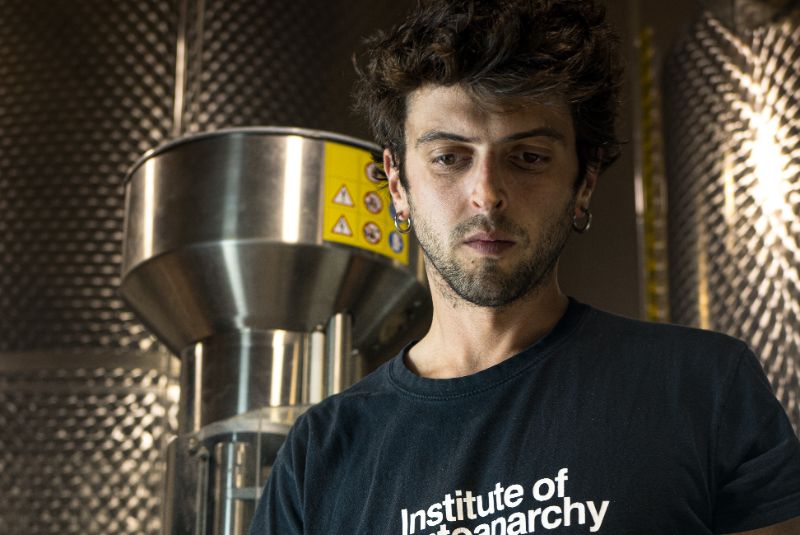
Rosanna Gahler
25, Alt Madlitz, Germany
@rosaagala
The German researcher finding solutions for regenerative farming 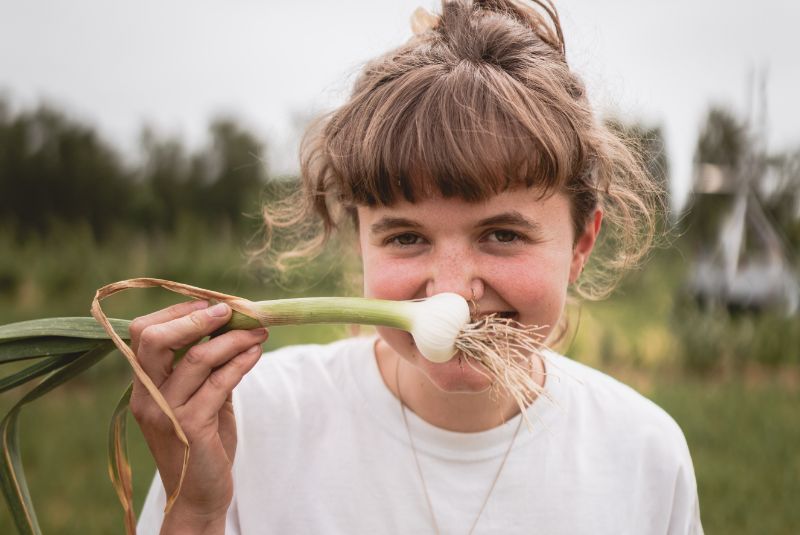
Yu Hsuan Cheng
34, Taipei
@yu.hsuan.cheng
The inspired chocolatier bringing Taiwanese flavours to the world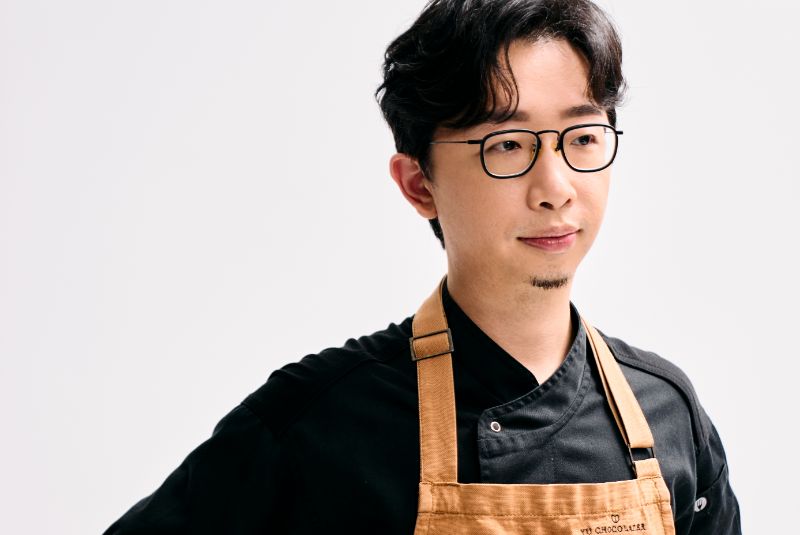
Rahaf Allymoni
29, Amsterdam, The Netherlands
@rahafallymoni
The Syrian innovator turning waste into the next coffee alternative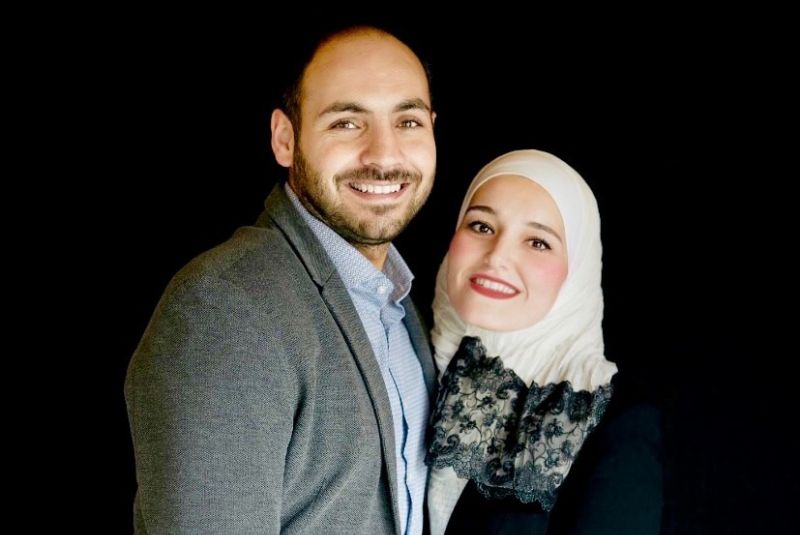
Hospitality Pioneers, sponsored by S.Pellegrino Young Chef Academy
This cohort of under-35s are at the forefront of change, driving innovation across the hospitality sector
Debora Fadul
36, Guatemala City, Guatemala
@debora_fadul
The cook flying the flag for innovative Guatemalan gastronomy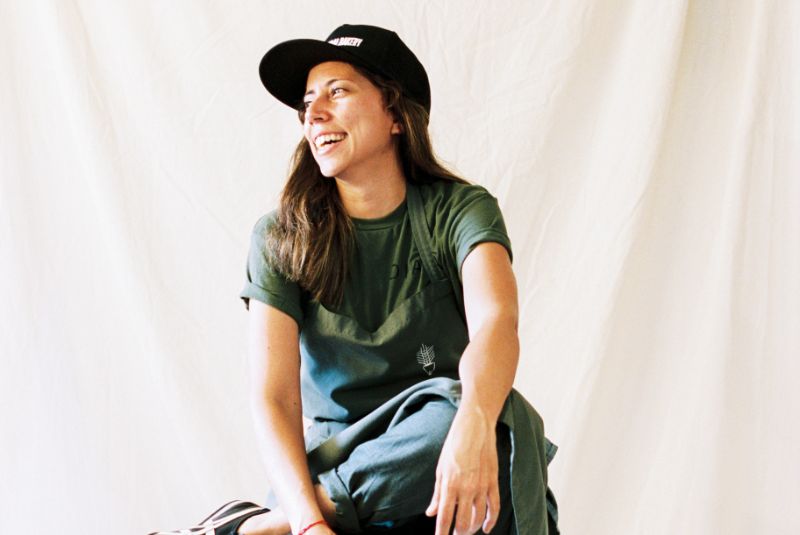
Jackwing Yao, Lola Liu and Tiger Liang
31, 30, 27, Guangzhou and Shenzhen, China
@jackwingbaby, @lolasaysgo, @tigerirene
The bartending trio bringing Chinese culture into modern mixology
Javier Rivero Yarza
31, Tolosa, Spain
@jryarza
The Basque restaurateur putting small farmers front and centre
Michael Adé Elégbèdé
32, Lagos, Nigeria
@michael__elegbede
The Nigerian chef restoring pride to indigenous ingredients and dishes
Mmabatho Molefe
27, Cape Town, South Africa
@mmab_atho
The chef empowering Black women and challenging misconceptions of indigenous cuisine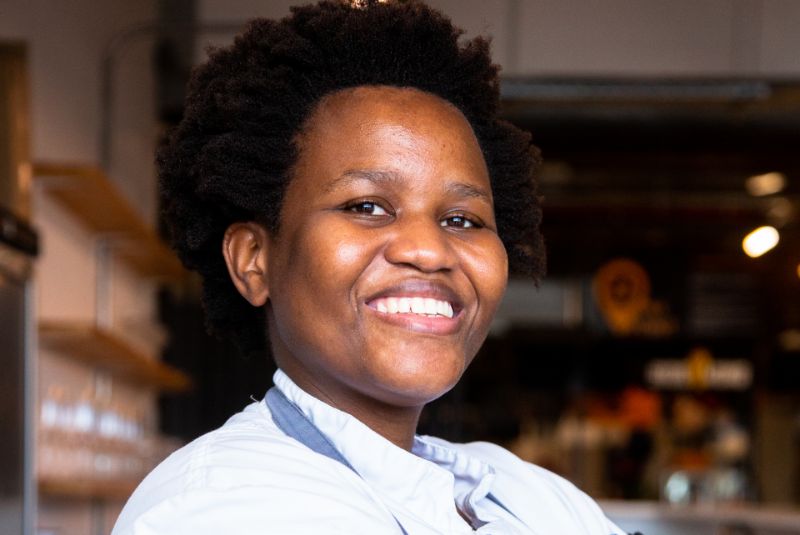
Santiago Lastra
32, London, UK
@santiagolas
The Mexican chef inspiring a new generation of cooks, artisans and producers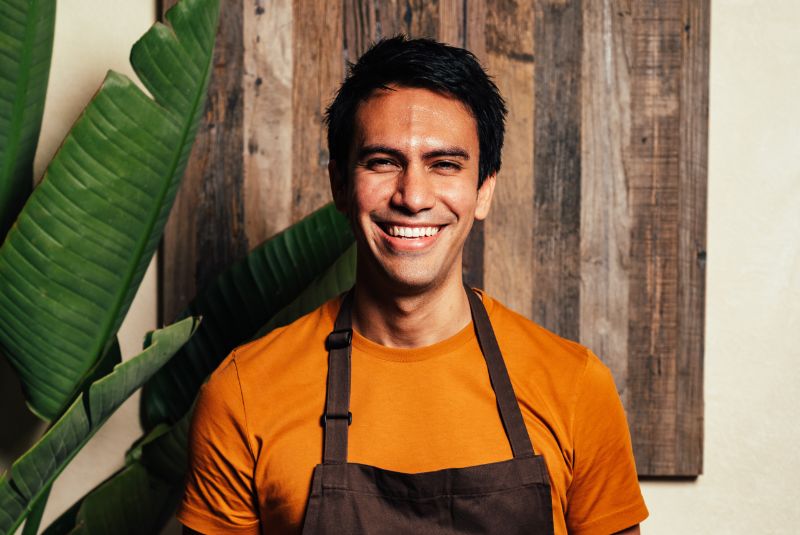
Mette Brink Søberg
32, Copenhagen, Denmark
@mette_soberg
The cerebral progressive leading the kitchen at groundbreaking restaurant Noma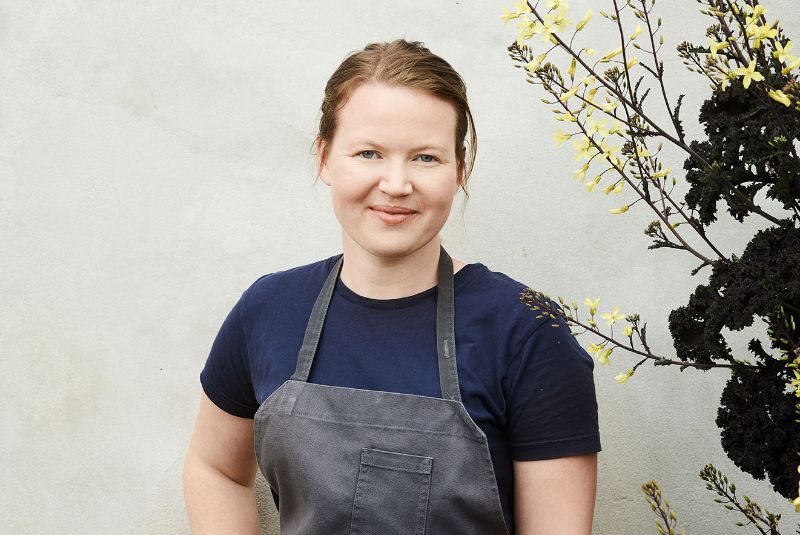
Zineb Hattab
32, Zurich, Switzerland
@zizi_hattab
The plant-based advocate helping destigmatise veganism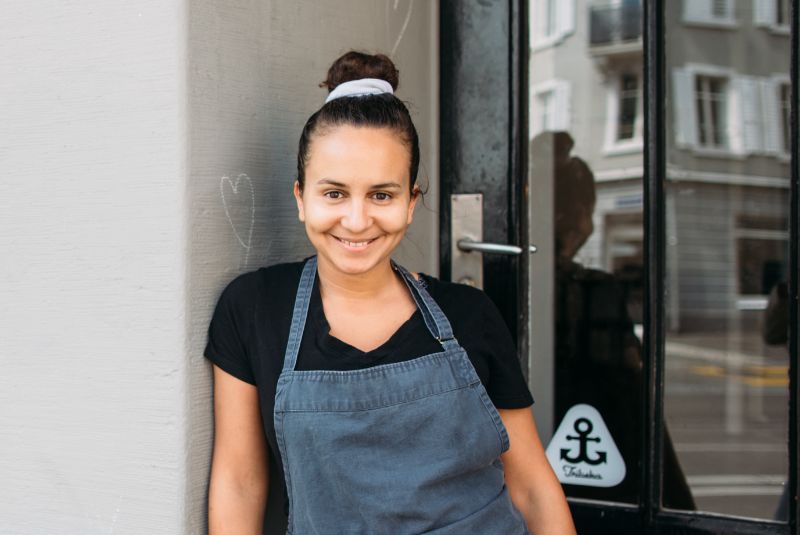
Science Innovators
By changing the game in the kitchen, this cohort of scientists have also set their minds to solving social and economic problems worldwide
Asrar Damdam
29, Jeddah, Saudi Arabia
@asrardamdam
The Saudi scientist extending fresh goods' shelf life with cutting-edge tech
Eneko Axpe
35, San Francisco, USA
@eneko_axpe_
The gastrophysicist on a quest for more sustainable food systems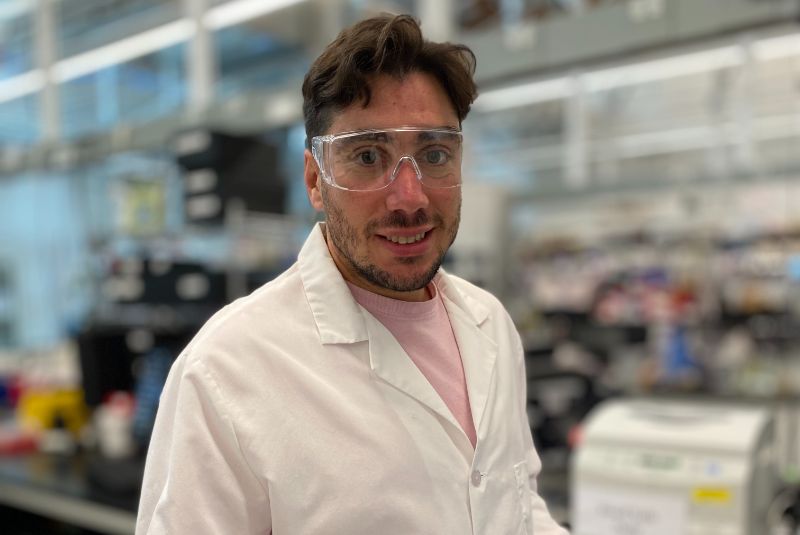
Gregory Constantine and Stafford Sheehan
Both 33, New York, USA
@gregconstantine
The double act turning air into alcohol to reduce carbon emissions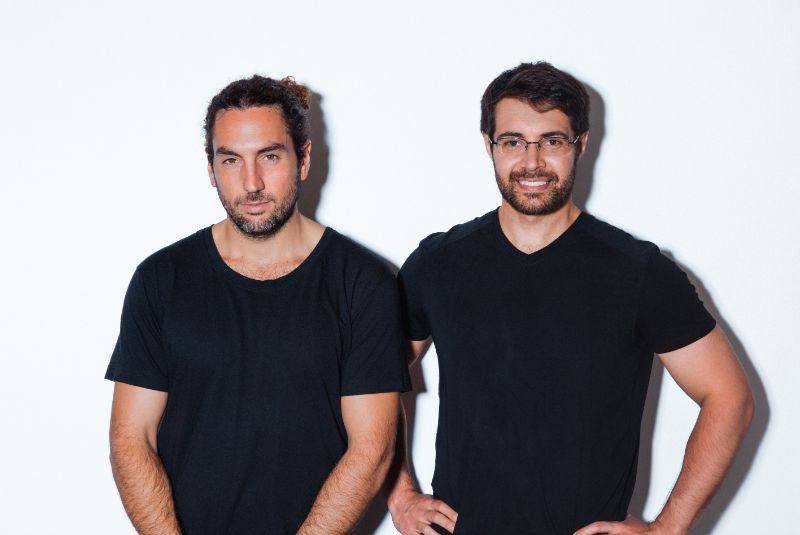
Jessica Bogard
34, Brisbane, Australia
@bogard_jessica
The single-minded dietitian fighting for better global health and nutrition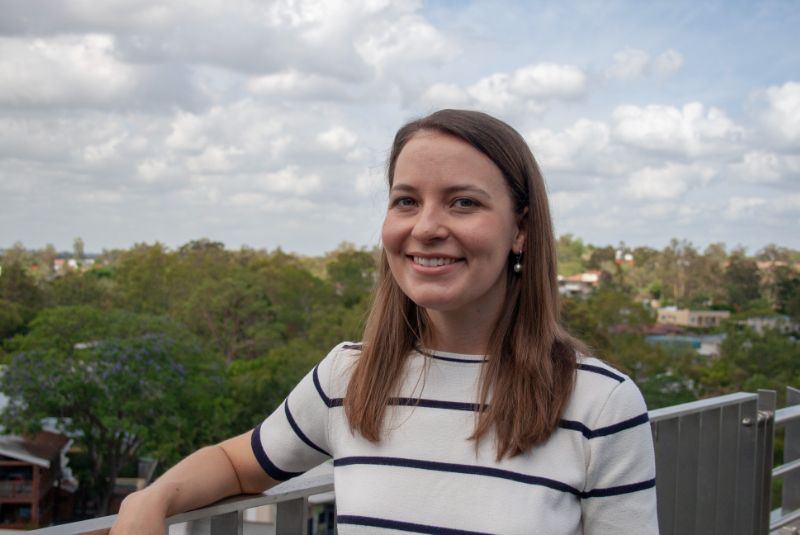
Nidiya Kusmaya
30, Sukabumi, Indonesia
@nidiyakusmaya
The Indonesian textile artist turning food waste into clothing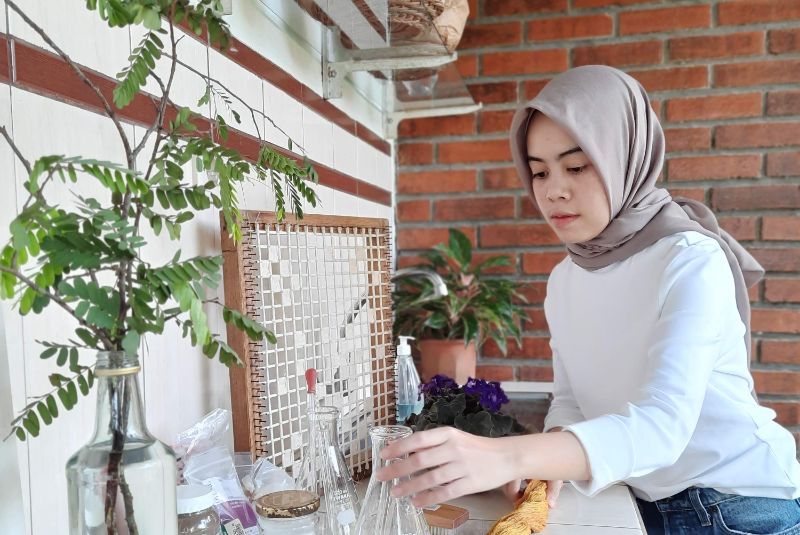
Risha Nathan
34, New Delhi, India
@rishajasnathan
The Indian scientist cleaning water with fruit and vegetable peels
Verleen Goh
35, Singapore
@verleen
The Singaporean scientist creating prebiotic fibres to boost gut health and immunity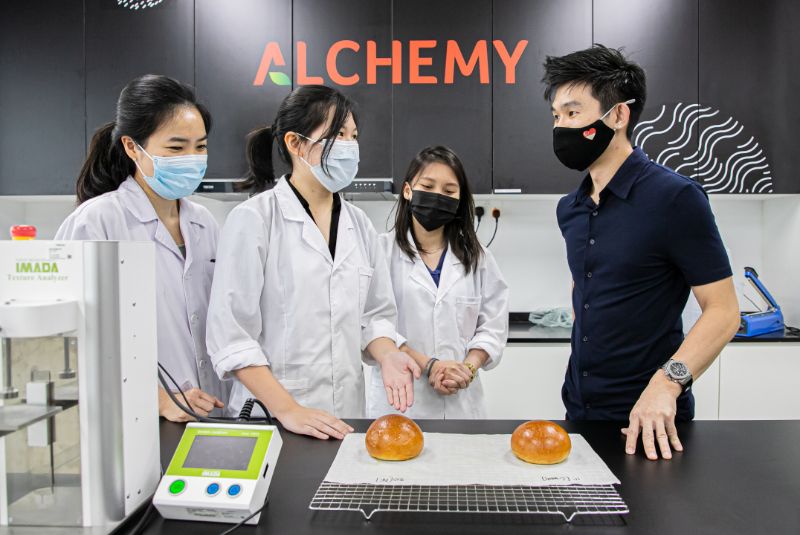
Sara Marquart and Maximilian Marquart
33 and 36, Zurich, Switzerland and Munich, Germany
@sara.marquart
The German pair harnessing fermentation tech to create cocoa-free chocolate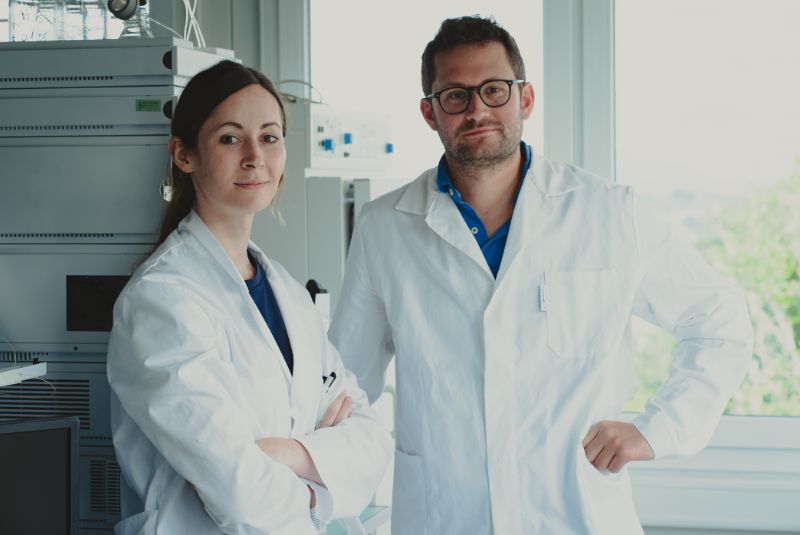
Tech Disruptors
This group of young people are shaking up the future with systems and solutions that fix age-old problems with fresh perspectives and original thought
Daniella Kwayu
31, Dar es Salaam, Tanzania
@daniellakwayu
The Tanzanian economist empowering farmers across Africa
Fengru Lin
34, Singapore
@turtletree.co
The forward-thinking Singaporean making alternative milk from stem cells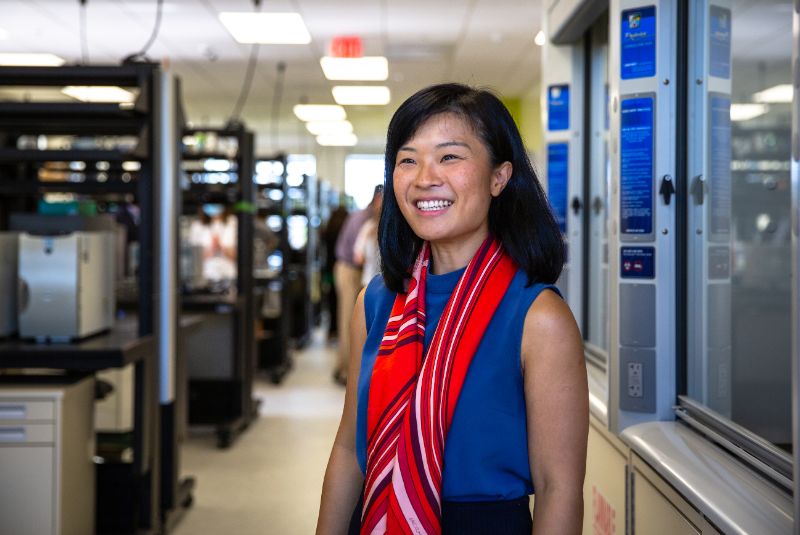
Magdalena Jüngst and Tim Jäger
29 and 30, Munich, Germany
@airup
The inventive duo behind a sustainable, refillable bottle that flavours water
Mustapha Diyaol-Haqq
22, Accra, Ghana
@diyaolhaqq
The Ghanaian coder leading the charge for agricultural innovation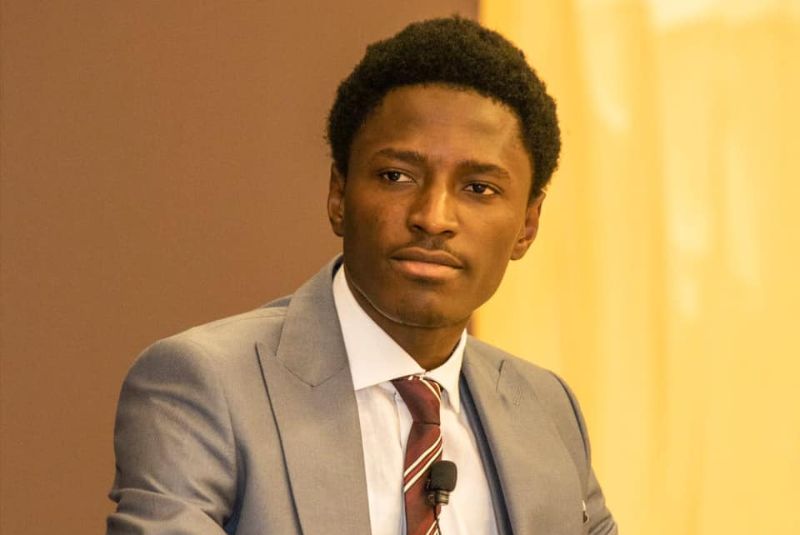
Nick Berry
34, Kingscote, Australia
@seedterminator
The engineer guiding Australia towards chemical-free agriculture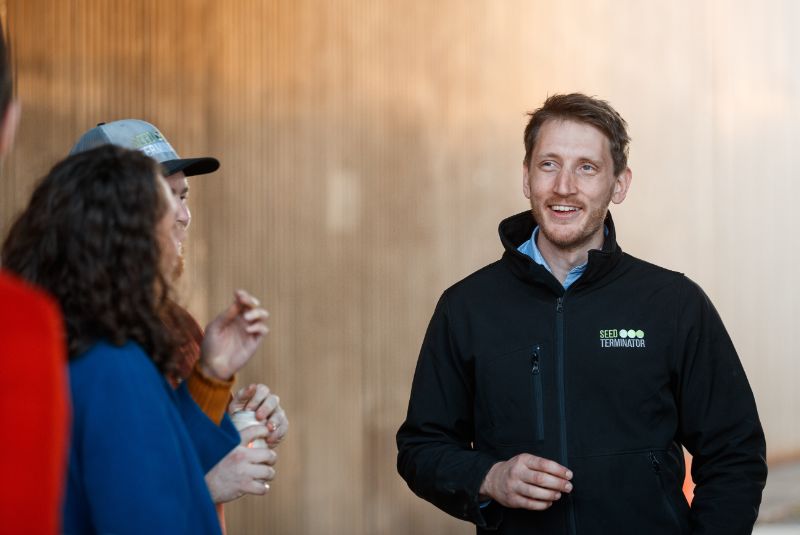
Scott-William Braley
34, Le Havre, France
@culinr_
The blockchain expert helping chefs turn signature dishes into digital art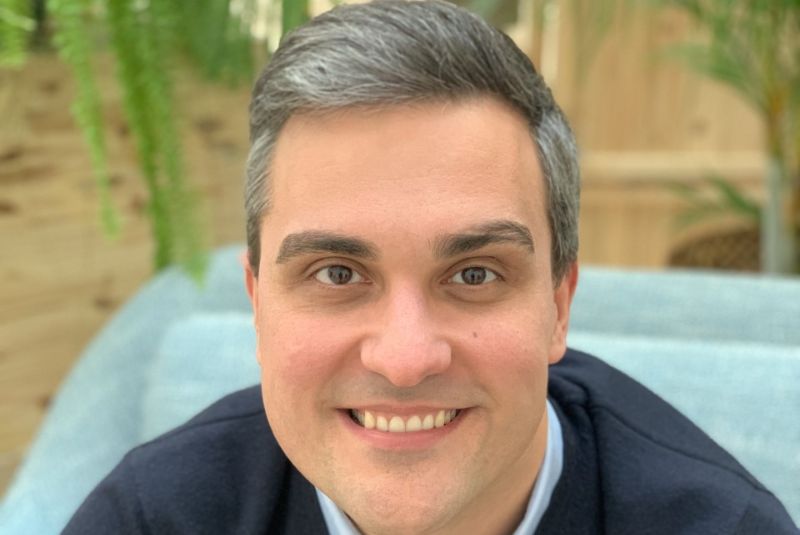
Farah Emara
31, Giza, Egypt
@farah_emara
The Egyptian entrepreneur revolutionising the food supply chain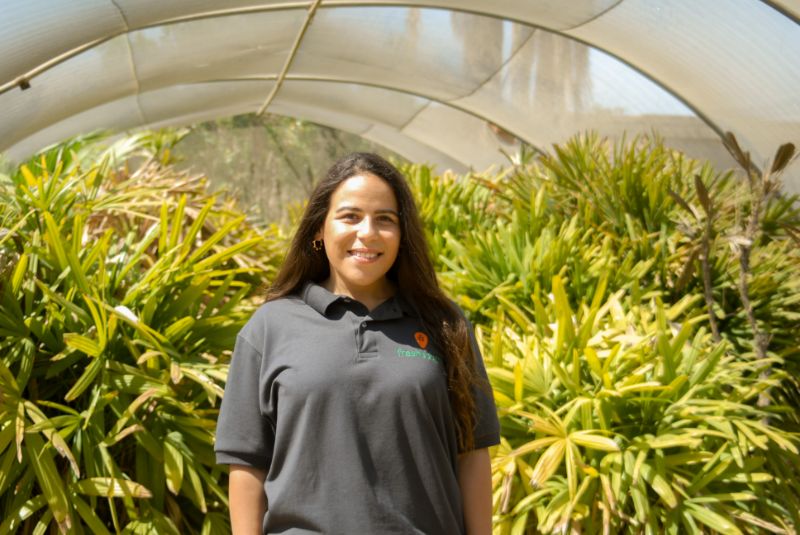
Trailblazing Activists
The society shapers pushing for equality, diversity and positive action in gastronomy
Alpha Sennon
35, Siparia, Trinidad and Tobago
@_alpharmer_
The educator inspiring the next generation of sustainable farmers
Nicola Kagoro
33, Harare, Zimbabwe
@africanveganonabudget
The Zimbabwean chef challenging perceptions of vegan cuisine
Nidhi Pant
29, Mumbai, India
@s4stechnologies
The community-minded scientist training women in sustainable agriculture
Zacarias González
37, New York, USA
@zacariasggonzalez
The artist-turned-chef banging the drum for BIPOC and queer voices in the culinary space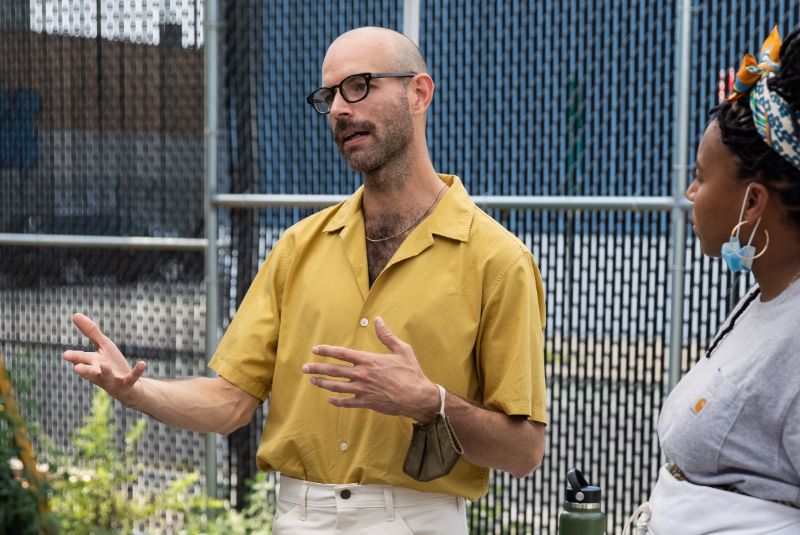
Jenny Dorsey
31, Los Angeles, USA
@chefjennydorsey
The Chinese-American chef changing the world one conversation at a time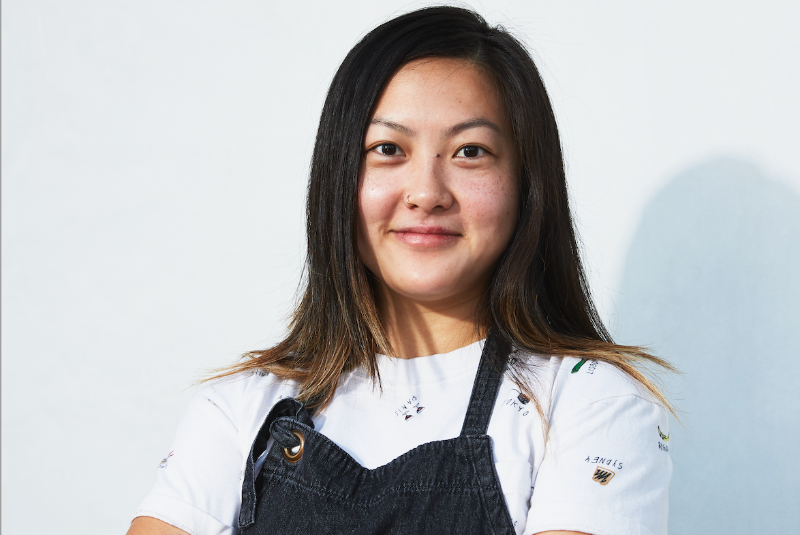
Lefteris Arapakis
28, Piaeus, Greece
@lefterisarapakis
The angler-turned-teacher tackling ocean pollution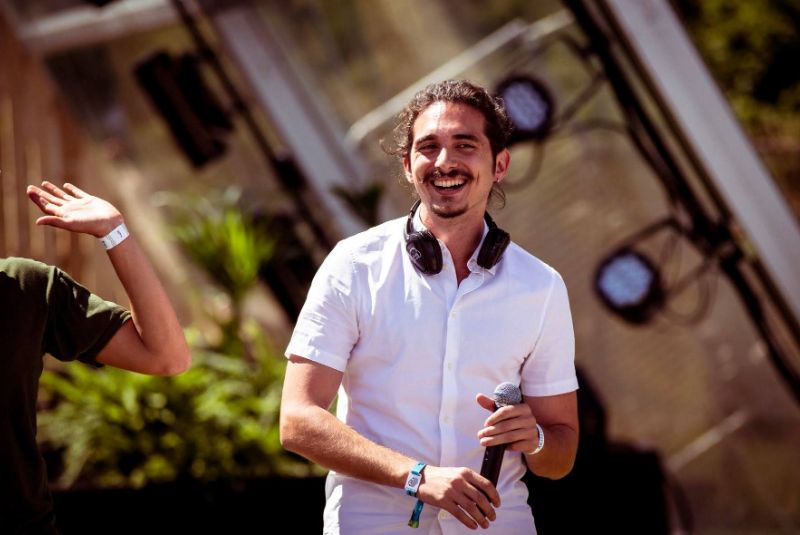
The 50 Next Class of 2022 was announced at a live awards ceremony in Bilbao, Spain, on Friday 24th June 2022. To stay up to date with all the news and announcements, browse the website and follow us on Facebook, Instagram, Twitter and YouTube.

